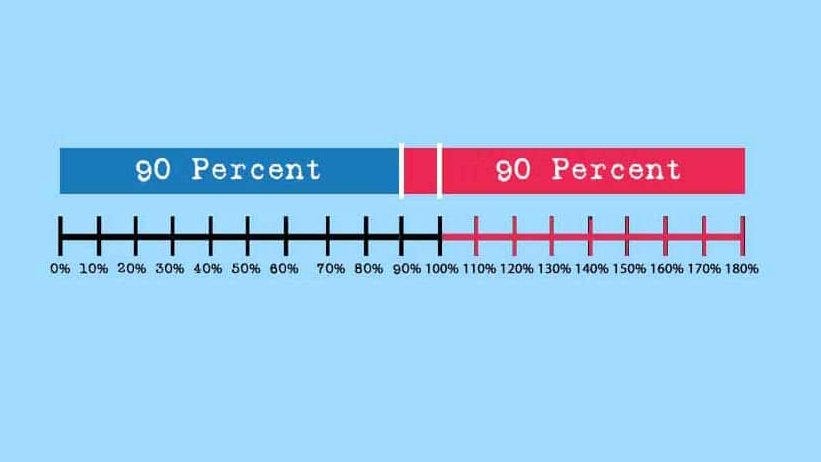Why do things take longer than we expect
Have you ever wondered why things always take longer than we expect? (almost Always.)
We, humans, have a tendency to underestimate the amount of time or effort that takes to accomplish things in life. In product management, we call it the "Planning fallacy".
We, humans, are by default optimistic creatures. That's why we have come a long way in inventing and innovating. ✈️ 🚀 🌕
This optimism comes with a bias that researchers call 'optimistic bias'. This optimistic bias leads us to underestimate the effort and time that actually required to complete something. You might think that this phenomenon is just an amateur/beginner issue, even experts are no exception to this.
"We can deliver that feature in 3 weeks."
The Sydney opera house is a famous example, It was expected to be completed in 1963 but only a scaled-down version opened in 1973, a decade later. The original cost was estimated at $7m, but its delayed completion led to a cost of $102m. You can find thousands of such examples.
Another simple example is.. Men often tend to underestimate how soon they will reach a destination, and women underestimate the time they need to get ready. So the next time when you hear “I will be there in 30min” or “I need 30min to get ready” you know what to expect. 😬
In software development, we have this famous joke "The first 90% of the scope takes 90% of the planned effort and the remaining 10% of the work will take another 90% of the development time."
Here are a few tips to overcome the planning fallacy by improving your prediction both in your life and in business.
You can never predict 100% accurately. That's why we call it a prediction. So be open to making errors.
Measure and track
Always measure the time/effort that takes to do something so can use it as a better indicator in future.
Track your time, Track project times, Track your tasks times. Track your budgets to detail as much as can, so you can use that data in your future.Take a note when you miss it.
Ask yourself why did it take more than planned? Talk to your team about what took more effort than actually hoped. Most of your learning would come through this reflection. In software development, we use 'sprint respective' at the end of each sprint to iterate.sometimes become a pessimist
Think what if? Don't just hope that everything is going to be a smooth ride. Be careful with this because you don't want to become that "what if guy" who only see the bad sides of things. With experience, you will have to find the right balance.Evaluate with a 3rd party.
It can be difficult to distance yourself from a plan you’re working on. It’s easy to convince yourself that the ideal timeline you’ve created will work out perfectly. Show your timeline to a co-worker or friend and see if they think it's feasible.
Remember, No one is perfect and no one can be perfect. So do your best with what you have and what you can. With experience and the right attitude, you will get better.
Cheers !!
Here is the link to the original Twitter thread :







